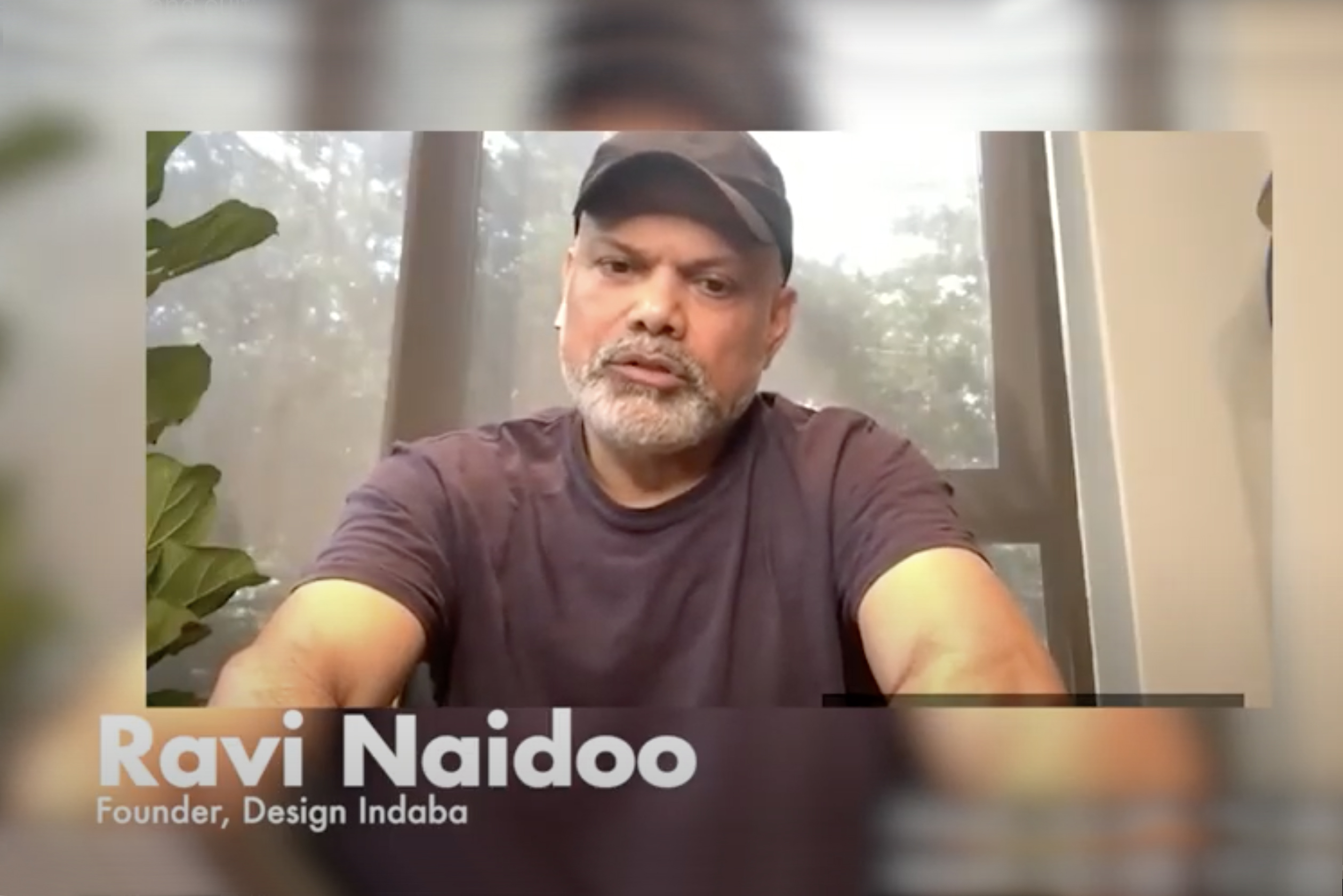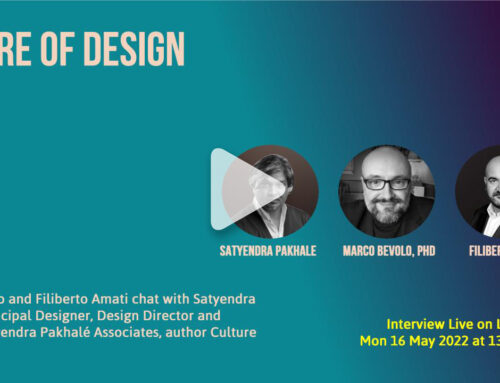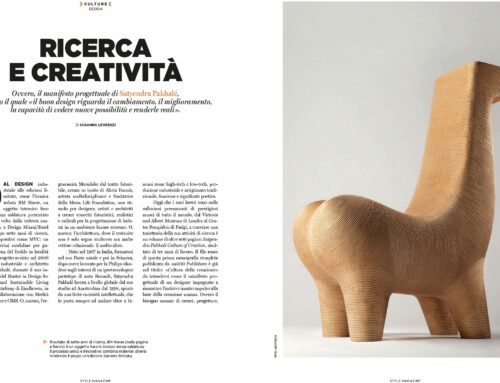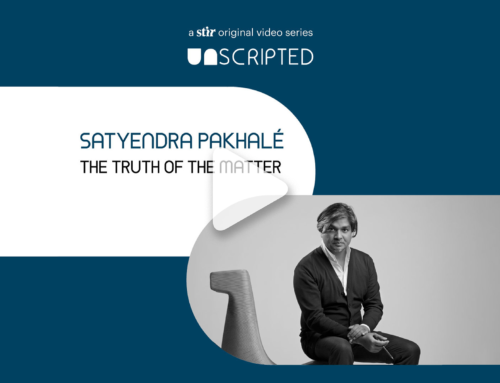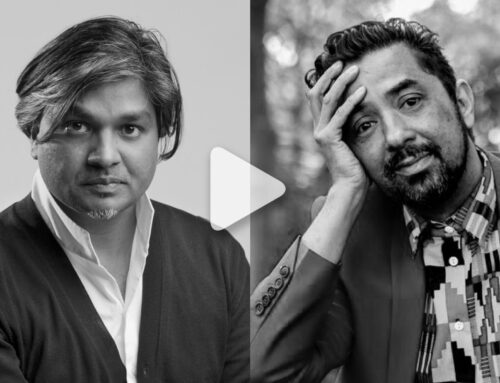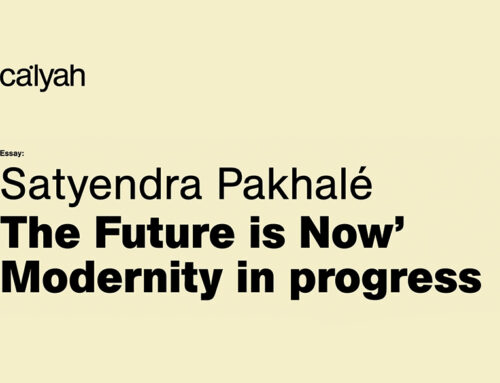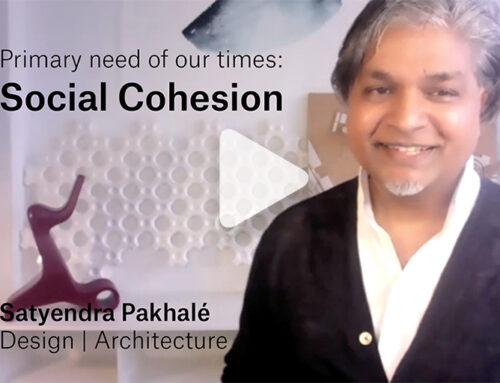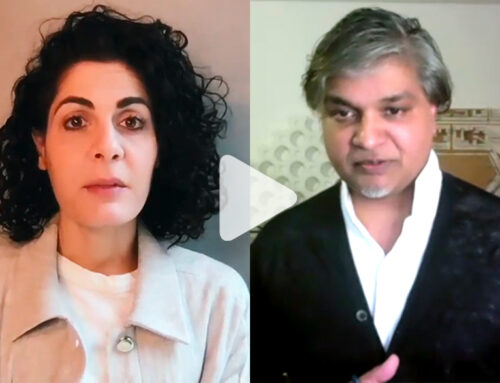The discourse and culture of design
In a #DI2020 exclusive, award-winning industrial designer, architect Satyendra Pakhalé chats to Design Indaba Founder Ravi Naidoo about the here and now, and a culture of creativity.
Pakhalé projects are designed to encourage people to be together, perform life actions with a sense of belonging – rather ‘conducive to social cohesion’, expand out defined boundaries and labels, offer humans a rich landscape of architectural affordances, and glean from the most basic human social nature.
Pakhalé speaks about recently published book ‘Culture of Creation’ that explores the role of design in fostering the common good, uniting us all in today’s divided world.
Though at the time of its writing, the Covid-19 crisis hadn’t yet unfolded, it seems this book takes on a more significant relevance now with the current world crisis. It subtly challenges the current assumptions and belief system that are taken for granted and hardly ever questioned including Euro-centralism, traditionalism, individualism and more.
The polymath creator Satyendra Pakhalé sees the world as one place of our common human condition. Why we as human beings do what we do and how the things we create nurture our sensorial and social nature is what the book ‘Culture of Creation’ delves into. The role of design is to further develop the concept of ‘social modernity’ — ‘social’ not in the sense of ‘charitable’, but rather ‘conducive to social cohesion’ as collective welfare and happiness of our entire ecosystem. The ideal thus referenced is also expressed in the concept of the ‘common good’, meaning whatever is best for all sentient beings and for their harmonious co-existence in the long run.
In Pakhalé’s view, ‘Design is a cultural act about justice as much as utility and beauty.’
Pakhalé’s objects and architecture create an atmosphere and framework for everyday social acts as a catalyst of social cohesion. At the heart of his work are two key concerns. The first of these is his conviction that cultural influences without succumbing to either nostalgia or traditionalism, have to be factored in. The second is his perception of the rational, the emotional and the multi-sensory as one. By revisiting and then synthesizing these two aspects, Pakhalé has developed a concept of ‘social modernity’ rooted in social cohesion that is at once contemporary and forward-looking.
